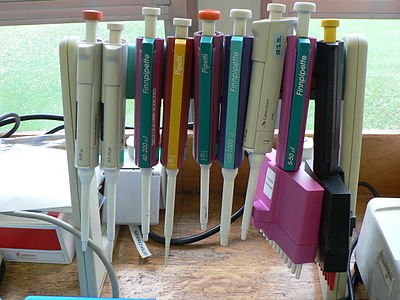Getting started
When your lecturer asks you to perform some "research" to support the arguments you are making for a class assignment, what comes to mind? If you're like most students, you can probably come up with a number of possible answers, most of which revolve around the use of different types of information and the sources in which they may be found, for example, "the Internet", "Google", "a search engine", "books", "articles", "statistics", and, if you're of the same generation as your instructor, "the library".
But how do you know where to start, which sources to consult, in which order and when you've found enough information? Wouldn't it be great if there were a model or a process you could follow every time that would lead you to all the right answers? Unfortunately, no such model exists because, the truth is, every research assignment is different and the tools, techniques, and processes you need to use are also different.
Setting out to do research can be a little bit like setting out for a hike on a trail whose end is unknown to you, and which is laden with forks, branches, loops and dead ends. Just as a hiker can overcome some of the uncertainty with the knowledgeable use of tools (maps, compass, GPS), a researcher's knowledge of the "information terrain" and the tools used to navigate it (search engines, research databases, library catalogues, etc.) can help make the research process less overwhelming, if still not entirely predictable[1].
In this introductory course we provide guidelines and support to get you started on your research journey.
Overview
In this introductory unit we describe the research process and corresponding activities for the following phases of a research project:
|
Getting started
What do you think about when you hear the term 'research'? Do you think about:
- scientists at work in the laboratory?
- the telemarketers who ring you up at dinner time?
- the opinion polls referred to on the television news?
- how the latest model from Holden gets designed?
- how Vodafone developed 3G technology?
- a group of people discussing their views on "designer babies"?
These are ALL examples of research.
What Makes a Good Research Topic?
Behind every great research assignment, whether it's a formal paper, an oral report or a multimedia presentation, is a good, well-defined topic. But how do you know whether or not your topic is a good one? Here are some general rules to follow[2]:
- If possible, choose a topic that interests you. There are few things more difficult than trying to write about something in which you have no or little interest
- Be sure your topic is neither too broad nor too narrow for the scope of your research assignment, and that you have enough time to complete the study within the defined assignment.
- Choose a topic which there is likely to be enough information you can consult (e.g. the library and/or the internet). Do some preliminary searches for potential sources before you choose a topic.
- ↑ Introductory text adapted from The art of Analysis by Joyce Leung, Trish Rosseel, Ross Tyner. Date: Unknown. Available online under Creative Commons Attribution-ShareAlike 2.0 (Canada) license.
- ↑ What makes a good research topic adapted from " The art of Analysis by Joyce Leung, Trish Rosseel, Ross Tyner. Date: Unknown. Available online under Creative Commons Attribution-ShareAlike 2.0 (Canada) license.

